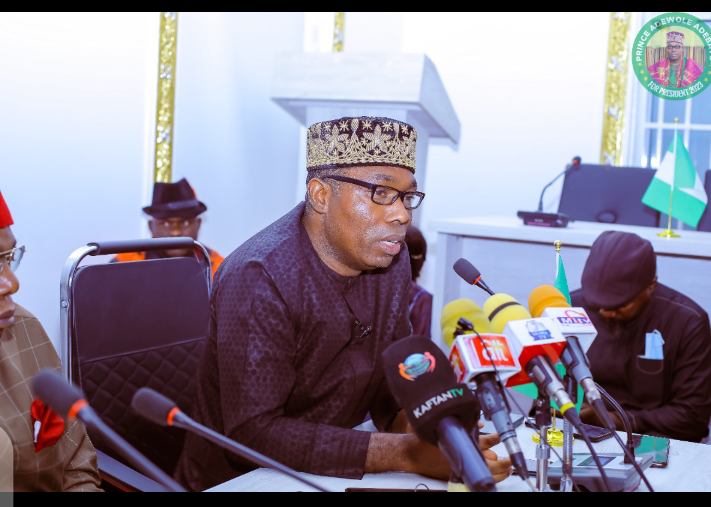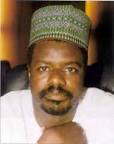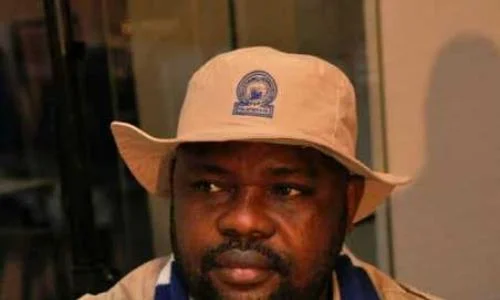A presidential hopeful under the platform of the Social Democratic Party (SDP) Barrister Adewole Adebayo has promised to make Nigeria a nation where justice shall reign more than anywhere in the world if he is elected president.
He indicated that the legal infrastructure in the country has been barricading justice which he promised to fix if he emerged president.
Adebayo gave the indication when he hosted a team from the Hague Institute for Innovation of Law, led by the country Director in Nigeria, Ijeoma Nwafor in Abuja.
The aspirant said even though the society itself is not just, he will ensure that the law and the people dispensing justice do so by conscience.
“But we can do justice outside of the law. The Nigerian constitution, gives you everything to do justice. Chapter 2 of the constitution, if we follow it, we will be the model country for justice,” Adebayo added that if he emerged president, the Nigerian justice system will change for the best.
According to him, the best lawyers globally are trained to constitute obstacles to the delivery of justice, hence many lawyers have excluded poor Nigerians who think that justice was not for them, even when such legal entity dedicate resources to seek pro bono services for them.

“We need to help in our access to Justice. Just people in my society don’t have access to Justice and at a point, you will begin to lose a sense of entitlement to Justice.
“Sometimes we spent 20 years in court litigation, on two paragraphs agreement we spend 50 years determining whether someone is innocent or not.
“Nigeria will be a model for justice if I become president. We must devote our resources towards ensuring that everyone have access to justice.
Adebayo stressed the need for Nigeria to get it right with its justice delivery system to serve as an example of the ”most just” society in the world.
“My measurement of a just society is what happens to the lowest person in the society. We need help in our access to justice, not because we don’t have access to justice but because the lowest people in my society do not have access to justice and when they do, it is even not affordable.” .
He explained that this had made Nigeria to be in urgent need for help for her people to access justice.
He noted that such perception has been unconsciously created and sustained over time by the less privileged who have concluded that the Justice system cannot offer them the legal representation they need.
Adebayo who emphasized that lawyers are trained to promote advocacy and deliver genuine justice to the people stressed that a country should define itself, not by its Gross Domestic Product or economic strength but by how justice is delivered to the downtrodden.
“We have to protect Justice because it is part of us, It is above us.We are secular. We’re trying to do the work of the Divine” he added.
Ijeoma Nwafor speaking earlier, pointed out that the outcome of her research so far has exposed the weakness of justice served in Nigeria.
One of the members of her delegation, the Founding Director of Hague Institute for Innovation, (HIIL), Dr. Samuel Muller pointed out that access to Justice in Nigeria needed to be developed by creating an environment where leaders in the Justice system could deliberate, set goals and develop modules for accessibility and dissemination of information under the legal system.
According to Dr Muller, data have shown that 5.1billion people in the world do not have adequate access to Justice, the whooping figure he said is two third of the world’s population at any given time.
He further explained that a little over one billion people do not have resolution for a civil administrative or criminal case that they have.




